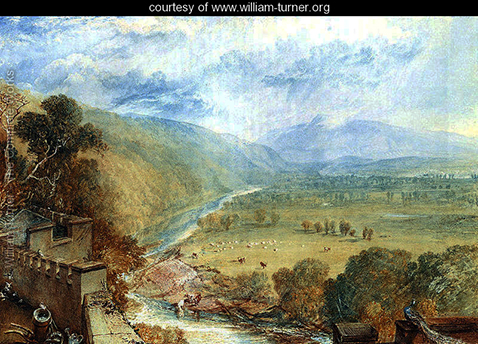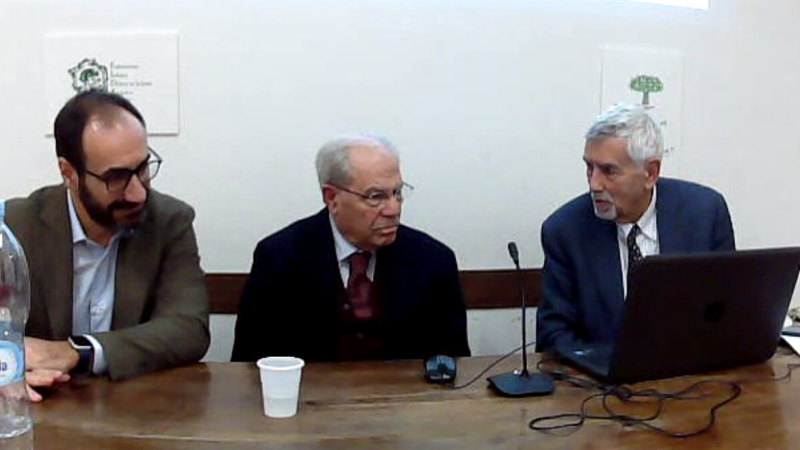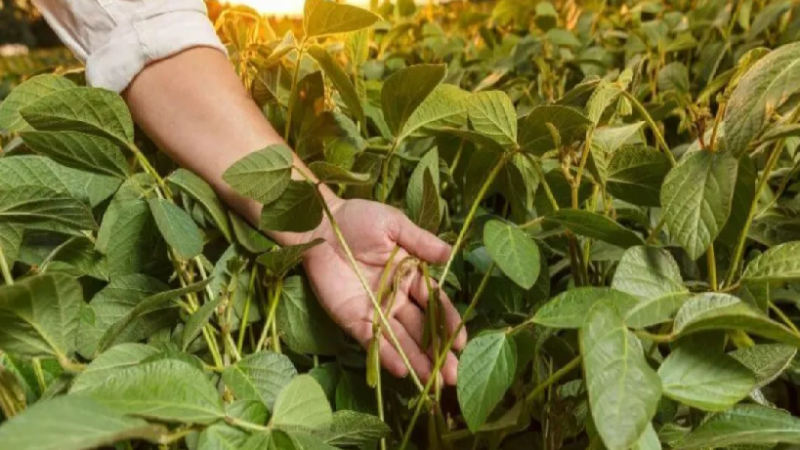Agricultural and rural development reconsidered (FAO)
A guide to issues and debates
The role of small-scale family farms in development is the subject of long-standing debate. Despite predictions on the likely evolution of small farms, as urban and industrial sectors account for larger shares of economic activity, the agricultural landscape in the developing world continues to be dominated by family-operated smallholdings. Consequently, discussions continue over the extent to which market failures faced by smallholders can be overcome at acceptable public cost, though increasing involvement of private actors in providing required goods and services, as well as a range of institutional innovations, have shown scope to reduce the problem. Most international organizations and donors generally advocate for the role that smallholders can play in increasing food production if suitable innovations are used to address market failures, though the attitude of governments is more mixed. Asian governments have generally supported smallholders, with favourable public policy facilitating access to extension, inputs and financial products. In Latin America, confidence in the contribution of smallholders has not been as strong, with support generally being connected to welfare concerns.
In sub-Saharan Africa, more so than other regions, governments have tended to be attracted by the promise of capital-intensive larger-scale farms to boost productivity. Looking at the wider agricultural and rural development landscape since 2000, three notable policy trends have emerged. First, despite recognition of the failure of market liberalization to promote growth and equity as predicted by the Washington Consensus, governments have been increasingly wary of intervening in markets, leaving unresolved the question of how best to address rural market failures. Second, the effectiveness of investments to provide universal coverage of key services – in particular related to health and education – has been marked. Given well-known traditional rural-urban gaps in these services, welfare improvements have been particularly notable in rural areas. Third, social protection programmes have achieved widespread success and are receiving greater attention. The second and third points may be surprising to the extent that neither addresses the underlying causes of poverty and exclusion. Ultimately, sustainable progress surely will require more finely tuned instruments adapted to deep-rooted causes of poverty and underdevelopment. For this, piloting new ideas, innovations and learning is needed.
Publisher: International Fund for Agricultural Development
Author: Steve Wiggins
Organization: International Fund for Agricultural Development
Year: 2016
Geographical coverage: Africa, Asia and the Pacific, Latin America and the Caribbean
Full text available at: https://www.ifad.org/documents/10180/a3d5d393-fcaf-49e8-ae9a-46cdc1f098a6
Content language: English
Type: Report







